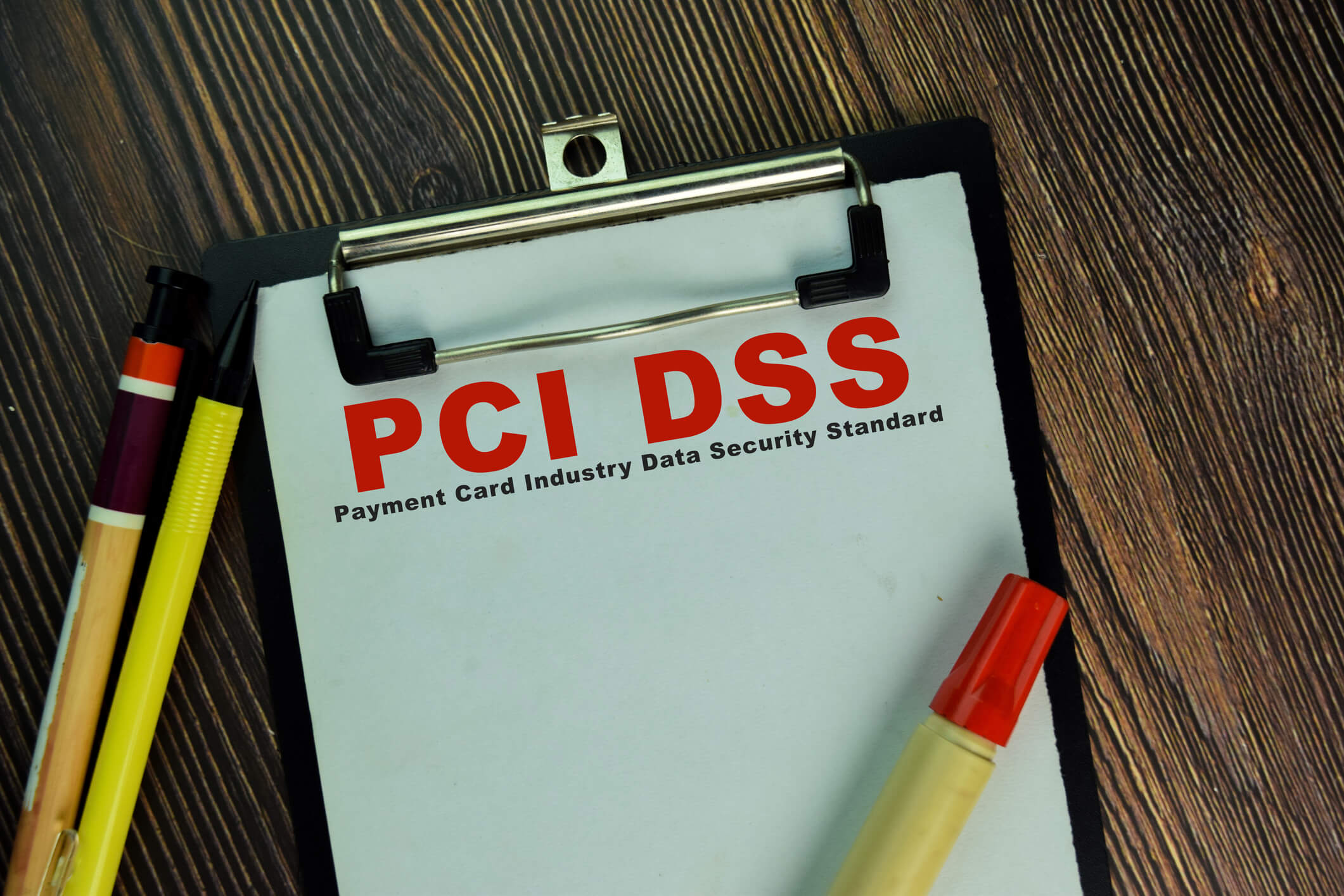
By Shelly Graves August 7, 2024
Fireworks retailers play a crucial role in providing customers with the joy and excitement of celebrating special occasions with dazzling displays of light and color. However, amidst the excitement and festivities, it is essential for these retailers to prioritize the security of their customers’ payment information. This is where PCI compliance comes into play.
PCI compliance, short for Payment Card Industry Data Security Standard compliance, is a set of security standards established by major credit card companies to ensure the protection of cardholder data. For fireworks retailers, achieving and maintaining PCI compliance is not only a legal requirement but also a vital step in safeguarding their customers’ sensitive information from potential cyber threats.
Understanding the Basics of PCI Compliance
To comprehend the importance of PCI compliance, it is crucial to understand its basic principles. The PCI DSS consists of twelve requirements that businesses must adhere to in order to achieve compliance. These requirements encompass various aspects of data security, including network security, access control, and encryption.
Fireworks retailers must establish and maintain a secure network by implementing firewalls, using unique passwords, and regularly updating their systems. They must also protect cardholder data by encrypting sensitive information during transmission and storage. Additionally, retailers must regularly monitor and test their networks to ensure the effectiveness of their security measures.
The Risks and Consequences of Non-Compliance
Non-compliance with PCI standards can have severe consequences for fireworks retailers. Firstly, non-compliant businesses are at a higher risk of falling victim to data breaches and cyber attacks. These breaches can result in the theft of customer payment information, leading to financial losses, reputational damage, and potential legal liabilities.
Moreover, non-compliance can result in hefty fines imposed by credit card companies. These fines can range from a few thousand dollars to millions, depending on the severity of the violation. In addition to financial penalties, non-compliant retailers may face increased transaction fees, loss of customer trust, and even the suspension of their ability to accept credit card payments.
Steps to Achieve PCI Compliance for Fireworks Retailers
Achieving PCI compliance may seem like a daunting task, but by following a systematic approach, fireworks retailers can ensure the security of their customers’ payment information. The following steps outline a comprehensive guide to achieving and maintaining PCI compliance:
- Assess Your Current Security Measures: Begin by conducting a thorough assessment of your current security measures and identify any vulnerabilities or gaps in your system. This assessment will serve as a baseline for implementing necessary changes.
- Understand the PCI DSS Requirements: Familiarize yourself with the twelve requirements of the PCI DSS and ensure that you understand the specific obligations and expectations for each requirement.
- Create a Compliance Plan: Develop a detailed plan that outlines the steps you need to take to achieve compliance. This plan should include specific timelines, responsible parties, and measurable goals.
- Implement Necessary Security Measures: Based on your assessment and compliance plan, implement the necessary security measures to address any vulnerabilities or gaps in your system. This may include installing firewalls, updating software, and encrypting data.
- Train Employees on Security Practices: Educate your employees on the importance of PCI compliance and provide training on security best practices. This will help ensure that everyone in your organization understands their role in maintaining compliance.
- Regularly Monitor and Test Your Systems: Continuously monitor and test your systems to identify any potential security breaches or vulnerabilities. Regularly update your security measures to stay ahead of emerging threats.
Implementing Secure Payment Systems and Technologies
One of the key aspects of achieving PCI compliance is implementing secure payment systems and technologies. Fireworks retailers must ensure that their payment processing systems meet the necessary security standards to protect customer data.
Firstly, retailers should consider using point-of-sale (POS) systems that are PCI compliant. These systems are designed to securely handle payment transactions and protect sensitive cardholder data. Retailers should also ensure that their payment terminals are EMV-enabled, allowing for secure chip-based transactions.
Additionally, implementing tokenization and encryption technologies can further enhance the security of customer payment information. Tokenization replaces sensitive cardholder data with unique tokens, reducing the risk of data theft. Encryption, on the other hand, scrambles data during transmission and storage, making it unreadable to unauthorized individuals.
By investing in secure payment systems and technologies, fireworks retailers can significantly reduce the risk of data breaches and enhance their overall security posture.
Best Practices for Protecting Customer Data

In addition to implementing secure payment systems, fireworks retailers should adopt best practices to protect customer data. These practices include:
- Limit Data Storage: Minimize the amount of customer data you store. Only retain the necessary information required for transaction processing and promptly delete any unnecessary data.
- Use Strong Passwords: Implement strong password policies for all systems and accounts. Encourage employees to use unique, complex passwords and regularly update them.
- Secure Wi-Fi Networks: Ensure that your Wi-Fi networks are password protected and encrypted. Regularly change the network passwords to prevent unauthorized access.
- Regularly Update Software: Keep all software and systems up to date with the latest security patches and updates. Outdated software can be vulnerable to cyber attacks.
- Secure Physical Access: Limit physical access to areas where customer data is stored. Install security cameras, use access control systems, and restrict access to authorized personnel only.
- Regularly Backup Data: Implement a regular data backup strategy to ensure that customer data is not lost in the event of a system failure or data breach.
Training and Education for Employees on PCI Compliance
Employees play a critical role in maintaining PCI compliance. It is essential to provide comprehensive training and education to ensure that all employees understand their responsibilities and the importance of data security.
Training should cover topics such as the basics of PCI compliance, security best practices, and how to identify and respond to potential security threats. Employees should also be educated on the consequences of non-compliance and the potential impact of data breaches on both the business and its customers.
Regularly conducting refresher training sessions and keeping employees informed about emerging security threats will help reinforce the importance of PCI compliance and ensure that everyone remains vigilant in protecting customer data.
Regular Audits and Assessments for Sustaining Compliance
Achieving PCI compliance is not a one-time task; it requires ongoing efforts to sustain compliance. Regular audits and assessments are crucial to identify any potential vulnerabilities or gaps in security measures.
Conducting internal audits allows fireworks retailers to evaluate their compliance status and identify areas that require improvement. These audits should be performed at least annually, or more frequently if significant changes are made to the payment processing environment.
In addition to internal audits, retailers should also consider engaging third-party assessors to conduct external assessments. These assessors can provide an unbiased evaluation of the retailer’s compliance status and offer recommendations for improvement.
By regularly conducting audits and assessments, fireworks retailers can proactively address any compliance issues and ensure the ongoing security of customer payment information.
Common FAQs about PCI Compliance for Fireworks Retailers
Q.1: What is PCI compliance, and why is it important for fireworks retailers?
PCI compliance refers to adhering to the security standards established by major credit card companies to protect cardholder data. It is important for fireworks retailers to achieve PCI compliance to safeguard their customers’ payment information from potential cyber threats and avoid legal liabilities.
Q.2: What are the consequences of non-compliance with PCI standards?
Non-compliance can result in data breaches, financial losses, reputational damage, legal liabilities, and hefty fines imposed by credit card companies. Non-compliant retailers may also face increased transaction fees, loss of customer trust, and suspension of their ability to accept credit card payments.
Q.3: How can fireworks retailers achieve PCI compliance?
Fireworks retailers can achieve PCI compliance by assessing their current security measures, understanding the PCI DSS requirements, creating a compliance plan, implementing necessary security measures, training employees on security practices, and regularly monitoring and testing their systems.
Q.4: What are some best practices for protecting customer data?
Best practices for protecting customer data include limiting data storage, using strong passwords, securing Wi-Fi networks, regularly updating software, securing physical access, and regularly backing up data.
Q.5: How can employees contribute to maintaining PCI compliance?
Employees can contribute to maintaining PCI compliance by undergoing comprehensive training on PCI compliance, security best practices, and how to identify and respond to potential security threats. Regular refresher training sessions and keeping employees informed about emerging security threats are also essential.
Conclusion
In conclusion, PCI compliance is of utmost importance for fireworks retailers to ensure the security of their customers’ payment information. By understanding the basics of PCI compliance, implementing secure payment systems and technologies, adopting best practices for protecting customer data, providing training and education to employees, and conducting regular audits and assessments, fireworks retailers can achieve and sustain PCI compliance.
Non-compliance with PCI standards can have severe consequences, including data breaches, financial losses, reputational damage, legal liabilities, and hefty fines. Therefore, it is crucial for fireworks retailers to prioritize PCI compliance and invest in robust security measures to protect their customers and their business. By doing so, they can continue to provide joy and excitement to their customers while maintaining the highest standards of data security.
